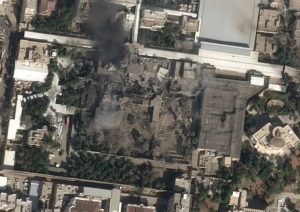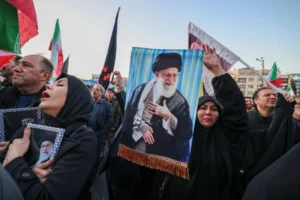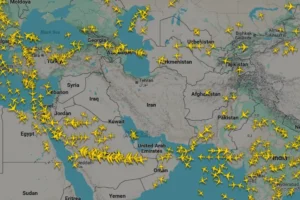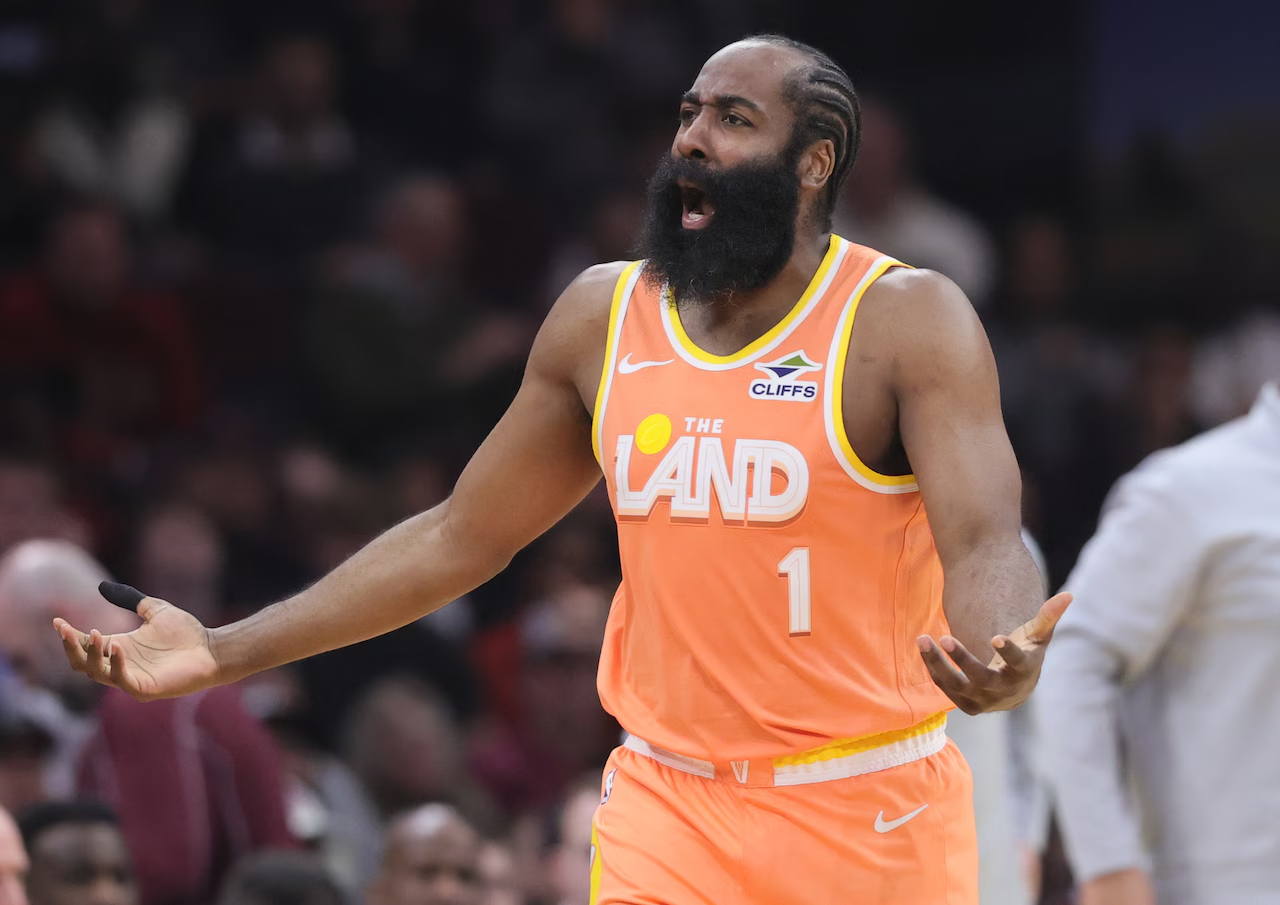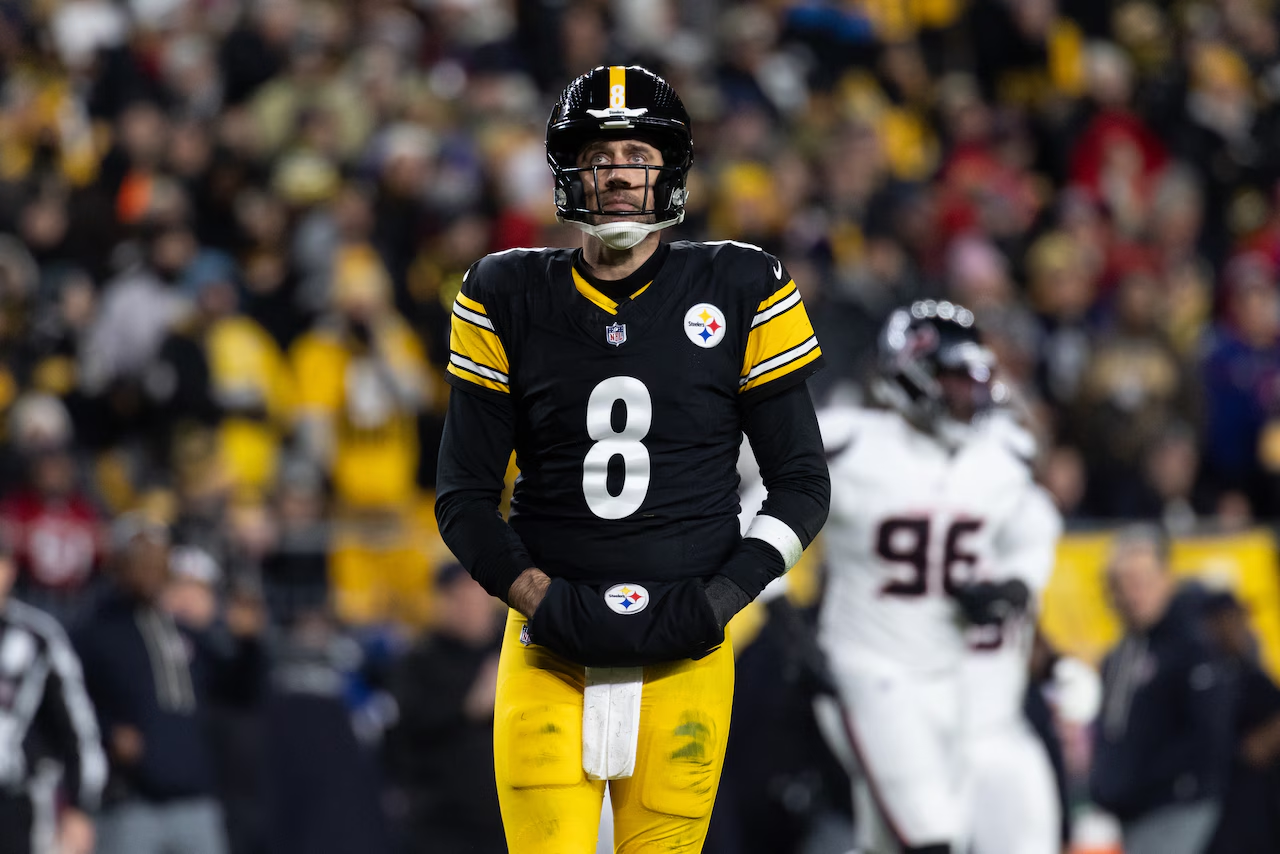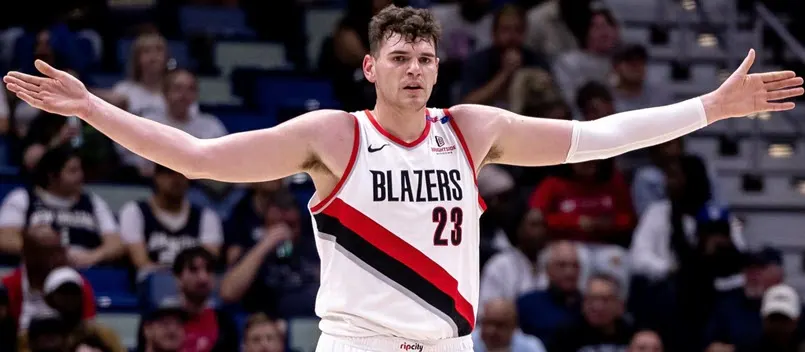Chicago Cubs third baseman Matt Shaw defended his decision to miss a critical game to attend a memorial for rightwing activist Charlie Kirk. Shaw missed the Cubs’ matchup against the Cincinnati Reds on Sunday, a game with playoff implications, which the Cubs lost 1-0. The team is competing for the top National League wildcard spot, which offers home-field advantage in the opening round of the playoffs. Shaw’s absence also benefited the Reds, who are vying with the New York Mets and Arizona Diamondbacks for the final NL wildcard position.
Shaw spoke about his decision on Tuesday, before the Cubs faced the Mets. The memorial, held in Arizona, was organized by Kirk’s widow, Erika, who personally invited Shaw. Shaw said he felt attending was a personal duty. He first met Kirk in Arizona when they lived in the same apartment complex and bonded over their shared Christian faith.
“My connection with Charlie was through our faith,” Shaw said. “And that’s something that drives me every day, the reason why I’m able to do what I do every day, and that’s something I’m extremely thankful for. I know without my faith and without the many blessings I’ve been given in my life that I wouldn’t be here, be able to talk to you guys, able to help this team eventually go and win championships. That’s something I feel really, really blessed about, so whatever backlash comes is OK.”
Shaw could not be replaced on the roster for the game because he was ineligible for the bereavement list, which is only for players who have lost immediate family members. The rookie said he had consulted with teammates and the manager before making the decision to attend the memorial.
Veteran Cubs outfielder Ian Happ expressed understanding of Shaw’s choice. “For him to go and be a part of a celebration of life and grieve, from a human level, I understand it,” Happ told the Chicago Sun-Times. “We’re baseball players, and that takes up a ton of our life, but there’s a huge human element to this game, and it’s really hard to lose a friend and really hard to lose someone you’re close to.”
Not everyone shared the same view. Gary Cohen, the Mets’ popular play-by-play announcer, commented during Tuesday’s broadcast. “I don’t want to talk about any of the politics of it, but the thought of leaving your team in the middle of a [wildcard] race for any reason other than a family emergency, really strikes me as weird,” Cohen said.
Shaw was selected 13th overall in the 2023 MLB draft. The rookie is batting .224 this season with 12 home runs. He returned to the Cubs lineup for Tuesday’s game against the Mets, but the team surrendered a 6-1 lead, ultimately losing 9-7.
The incident highlights the tension between professional obligations and personal commitments. Shaw’s decision underscores the influence of faith and personal relationships on athletes’ choices, even when facing high-stakes competition. While the Cubs are focused on securing a playoff spot, Shaw emphasized that honoring a friend’s memory and personal values outweighed the immediate consequences on the field.
Cubs fans and analysts have debated whether players should prioritize personal matters over team responsibilities during playoff contention. Supporters of Shaw stress the importance of acknowledging the human side of professional sports, noting that players often navigate significant pressures both on and off the field. Critics argue that missing a key game can have lasting effects on team dynamics and playoff outcomes.
Shaw’s comments also provide insight into the balance young athletes seek between career ambitions and personal values. While he acknowledged the potential backlash, he maintained that attending the memorial aligned with his faith and life priorities. His return to the lineup and continued performance will be closely watched as the Cubs push toward the postseason.
The Cubs’ management and coaching staff have largely refrained from public criticism, emphasizing that player decisions regarding personal commitments are handled internally. Shaw’s choice may serve as a reminder of the broader considerations athletes face in balancing professional responsibilities with personal and moral obligations.
As the playoff race intensifies, Shaw’s attendance at the Charlie Kirk memorial will likely remain a topic of discussion among fans, media, and analysts. The situation highlights how personal faith, loyalty, and individual values can intersect with professional sports, raising questions about priorities, leadership, and the definition of commitment in high-pressure athletic environments.

